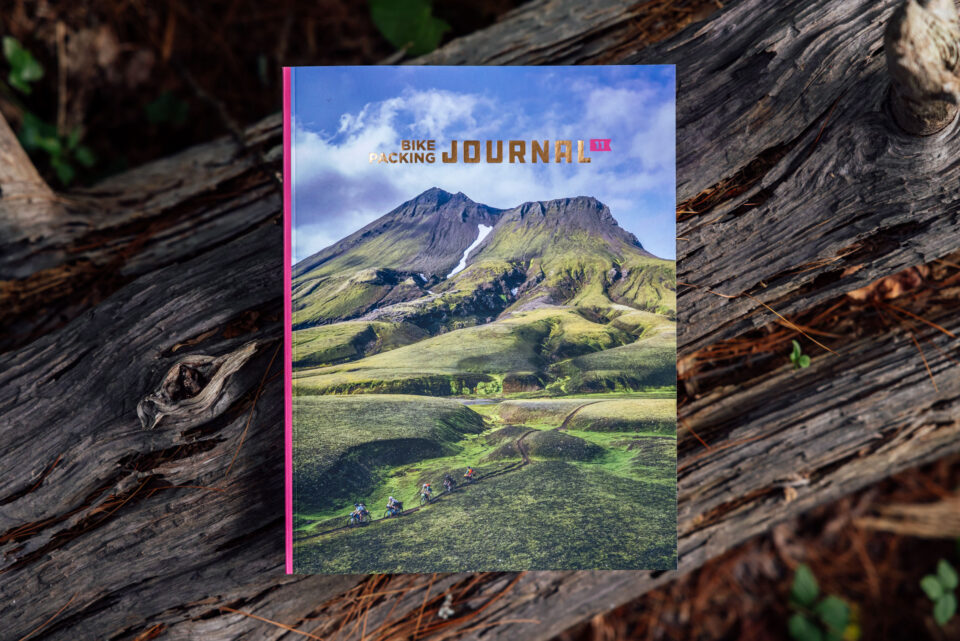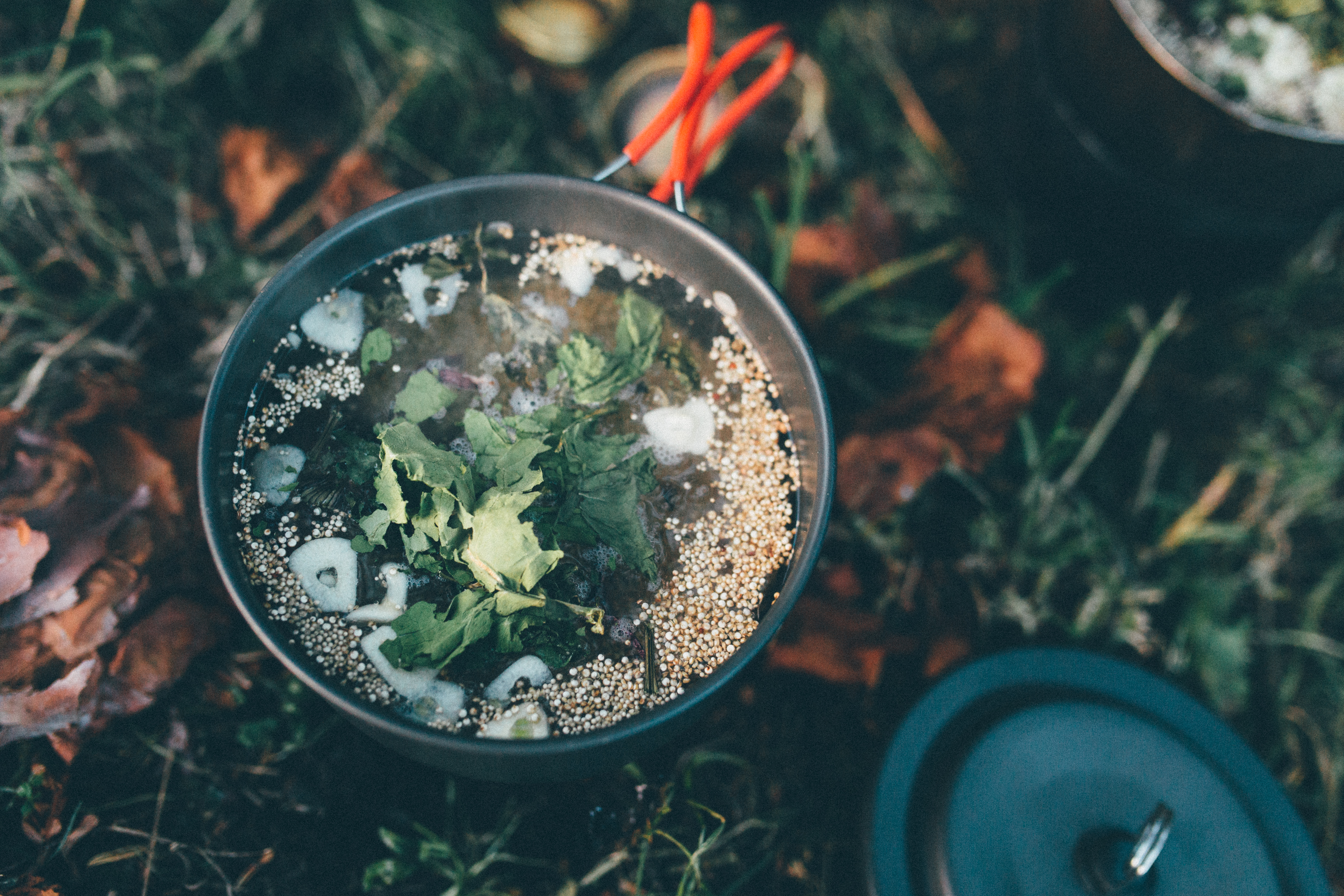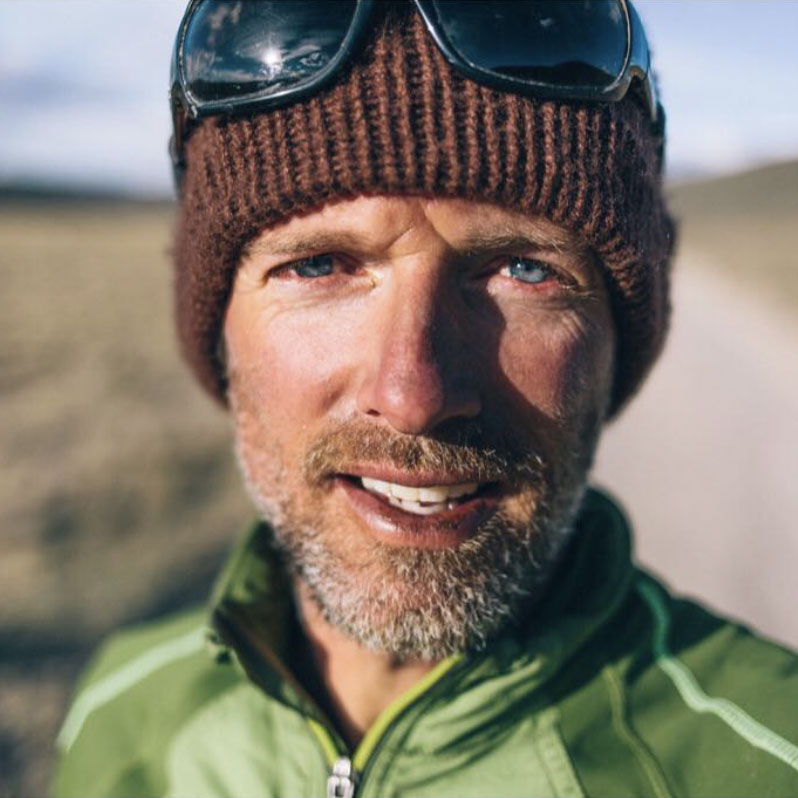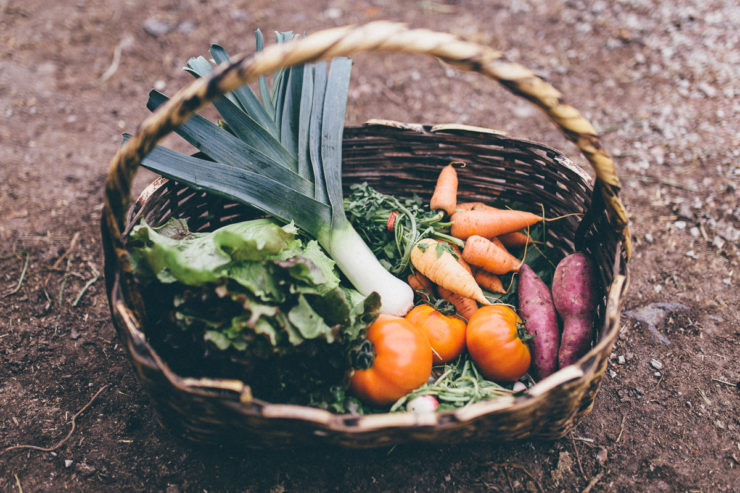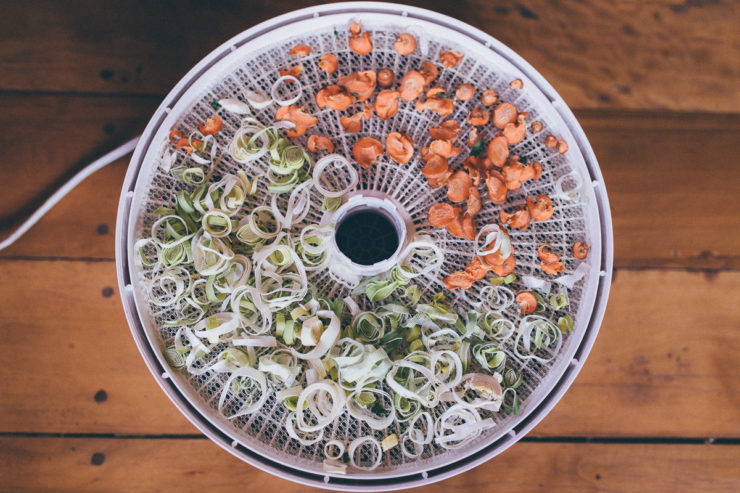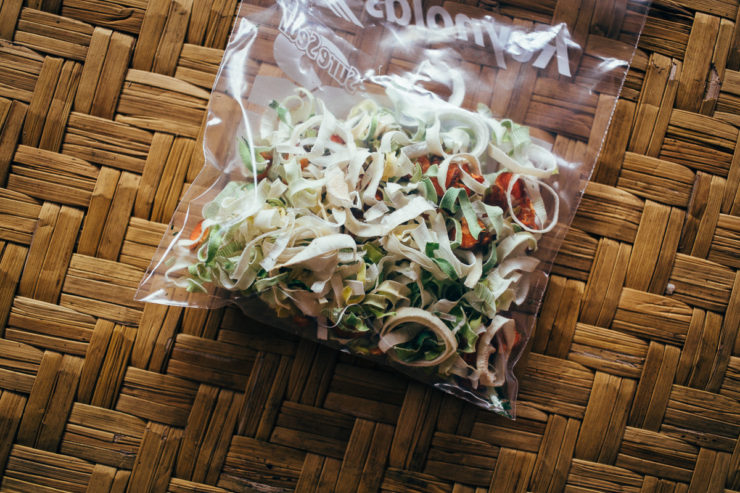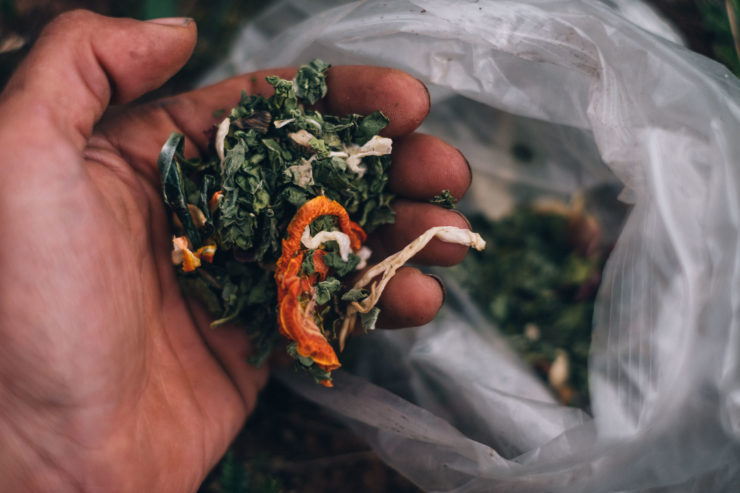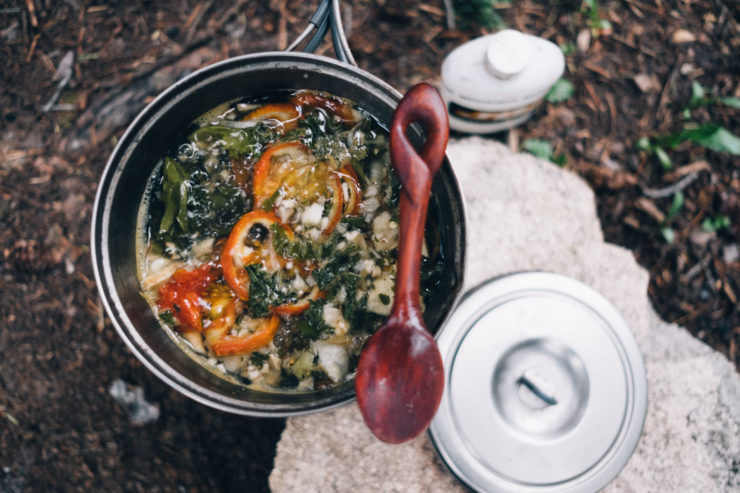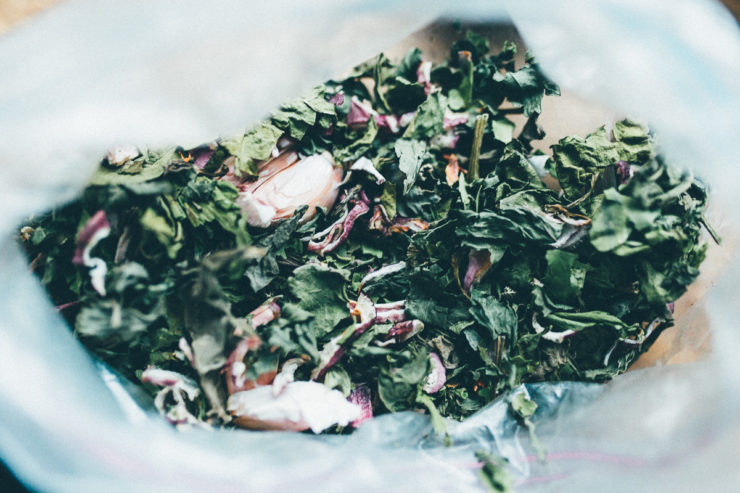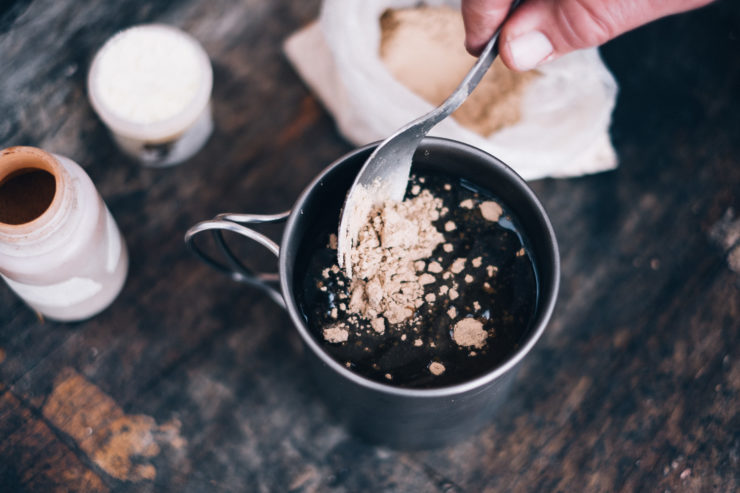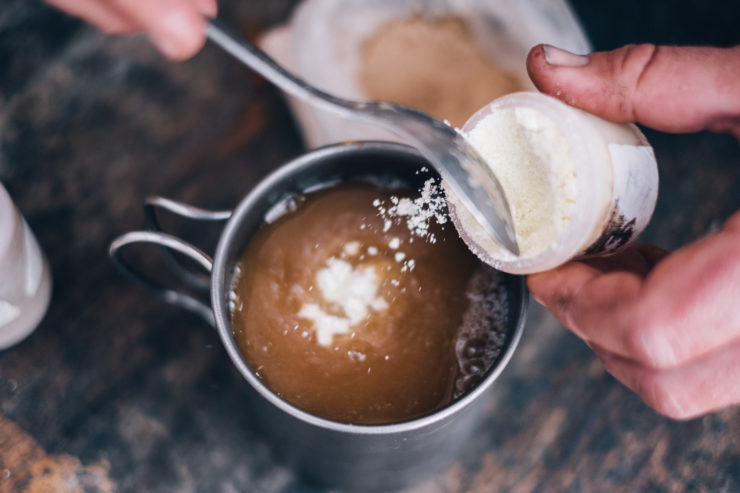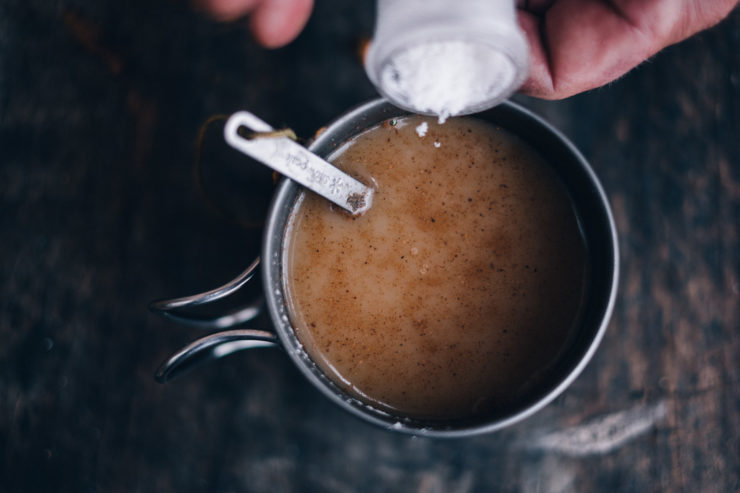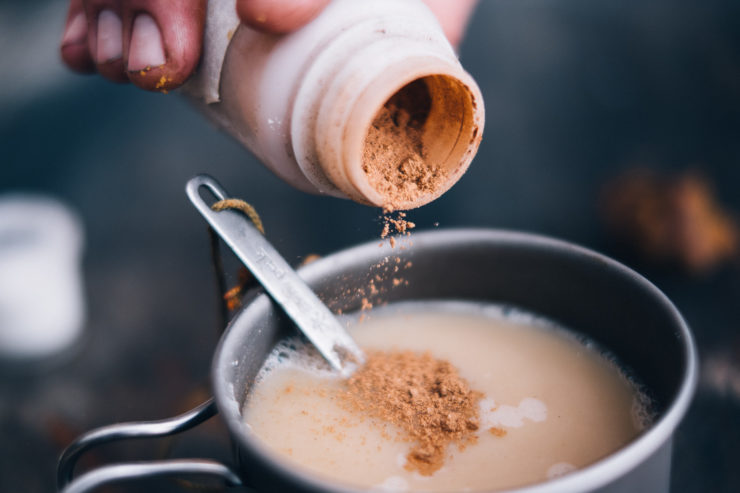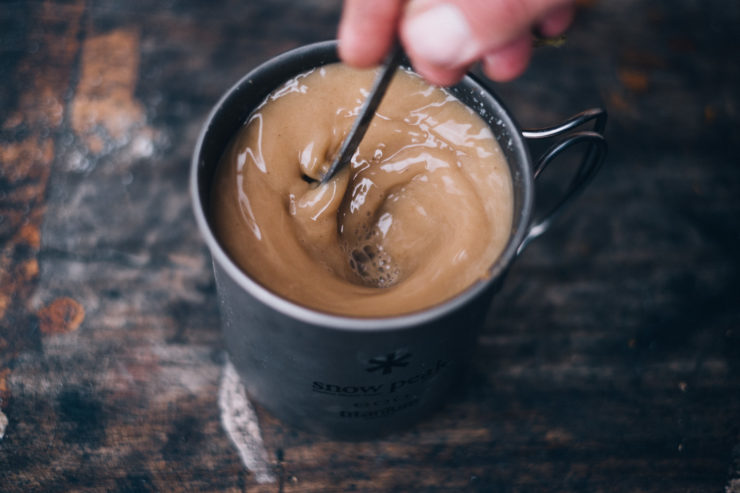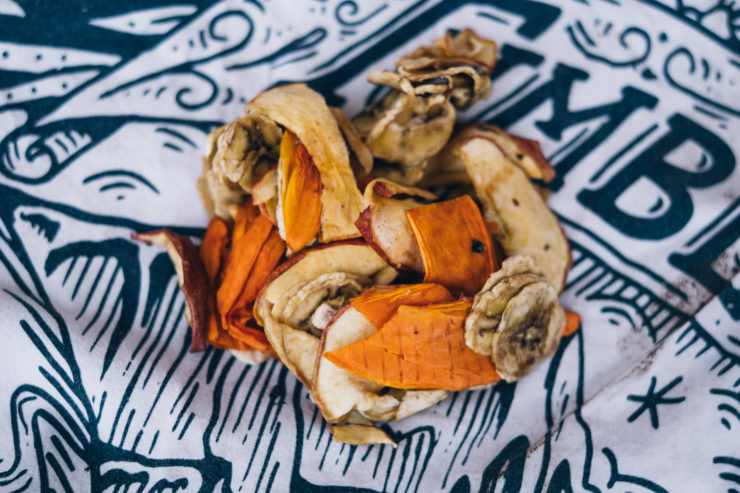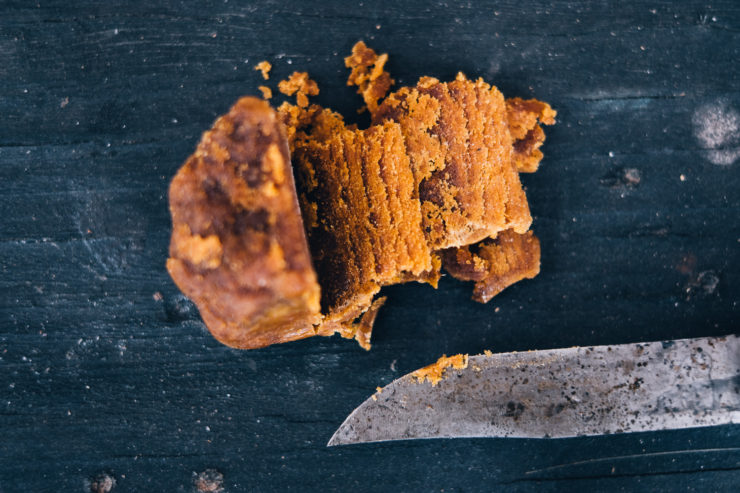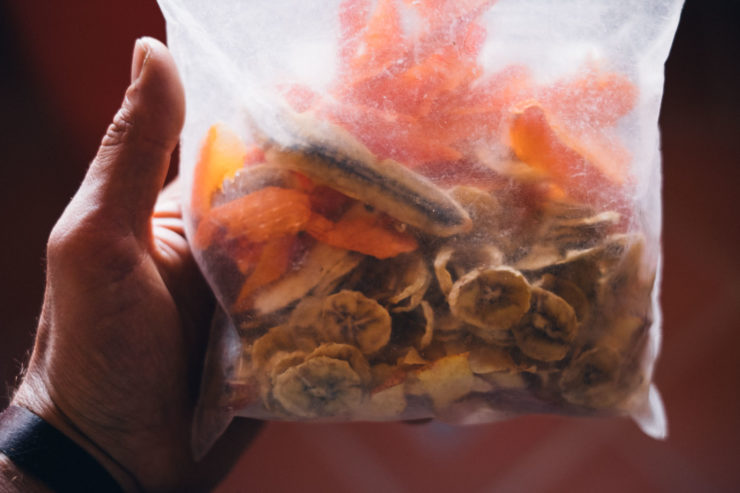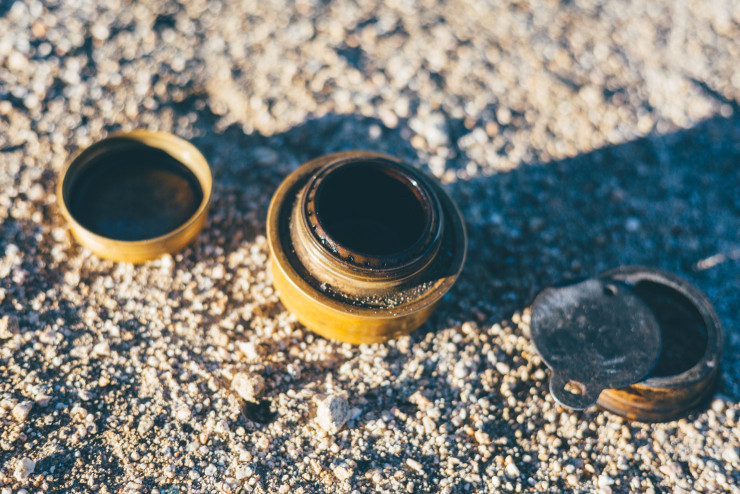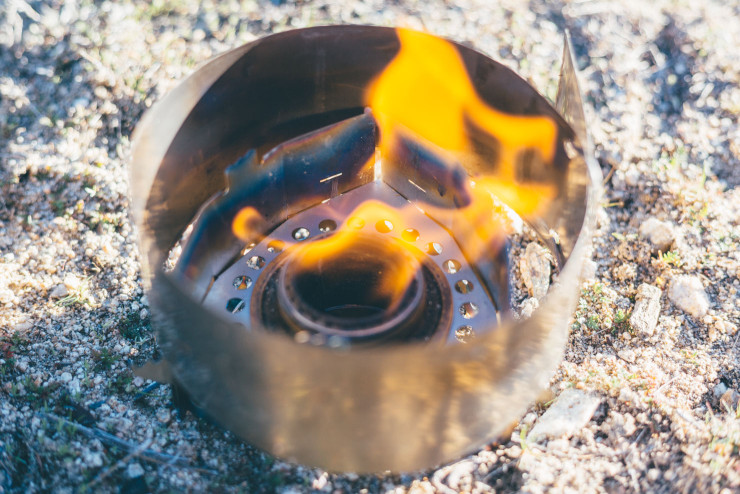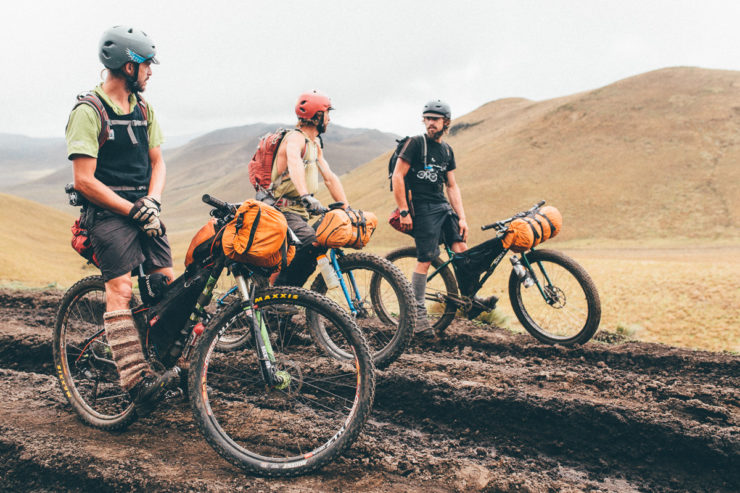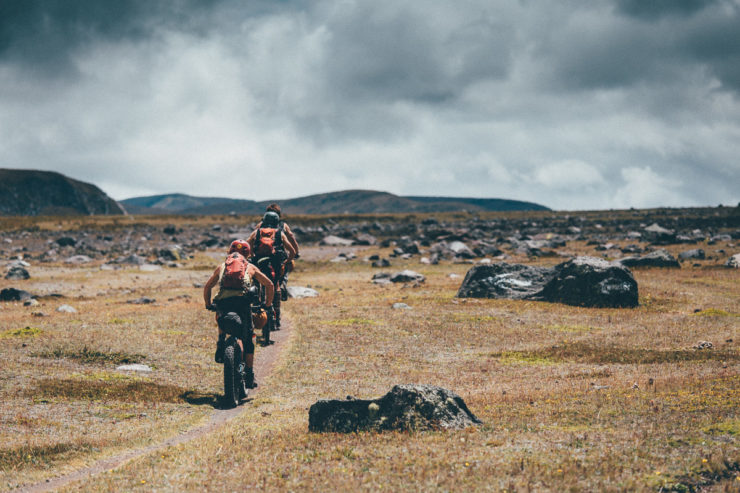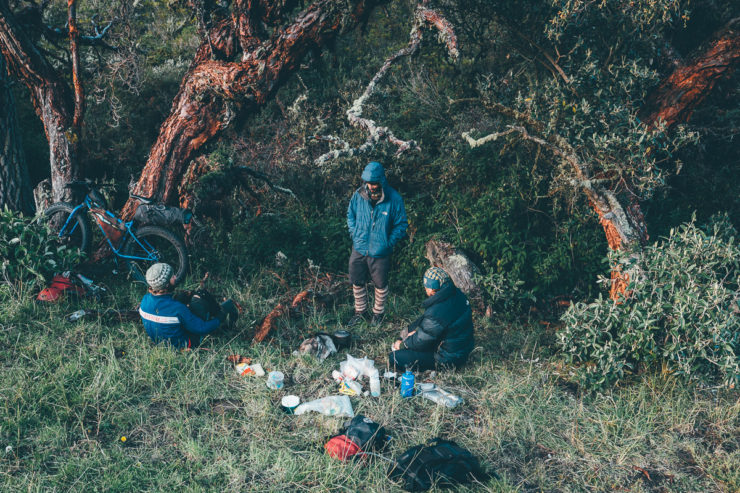A lightweight bikepacker’s meal, Ecuadorian style
Over the summer, Michael Dammer joined us on the Colorado Trail, miraculously packing two weeks worth of dehydrated food, grown on his family farm in Ecuador, into his homemade leather framebag. Together with a ziplock bag full of quinoa, they helped us complete the route’s 530 mile length and tackle its 70,000 feet of elevation gain. For those seeking a different take on easy-to-cook bikepacking meals, here are three healthy recipes that kept our legs strong and our bellies full.
PUBLISHED Oct 5, 2017
As part of our Rider and Rig series, we recently detailed Michael Dammer’s Surly Karate Monkey build and the beautiful leather framebag he made to go with it.
Michael is one of three Ecuadorian brothers, all of whom have been integral in developing TEMBR, the Trans Ecuador Mountain Bike Route. Living as they do on an organic farm, the Dammer family sustain themselves off the land much of the time. So it stands to reason that much of their bikepacking food comes from the produce they grow themselves.
The family’s associated outdoor school, Nahual Expediciones, gives them access to food dehydrators, allowing both the brothers and their students to prepare their own lightweight, healthy meals, for the various multi-week bikepacking adventures they undertake around Ecuador. (And, in keeping with Nahual’s hands-on ethos that the gear you look after most is the gear you make yourself, the students are even taught to sew their own packs, carve their own spoons, and fashion their own knives).
Added to Andean staples like quinoa, maca (a root vegetable favoured by the Incans), and machica (roasted barley), a couple of zip lock bags crammed with dehydrated vegetables and fruit will go a surprisingly long way, and make it extremely easy to conjure up nutritious and affordable meals. Of course, if you don’t have access to a dehydrator yourself, there are plenty of stores that sell readymade dehydrated fruit and vegetables, like Natural Grocers and Trader Joe’s.
For those who wish to broaden their bikepacking menu, here’s a few classic Dammer recipes that are packed with goodness and taste great too.
Sopa de Quinoa (or Quinoa Apy, in Quechuan)
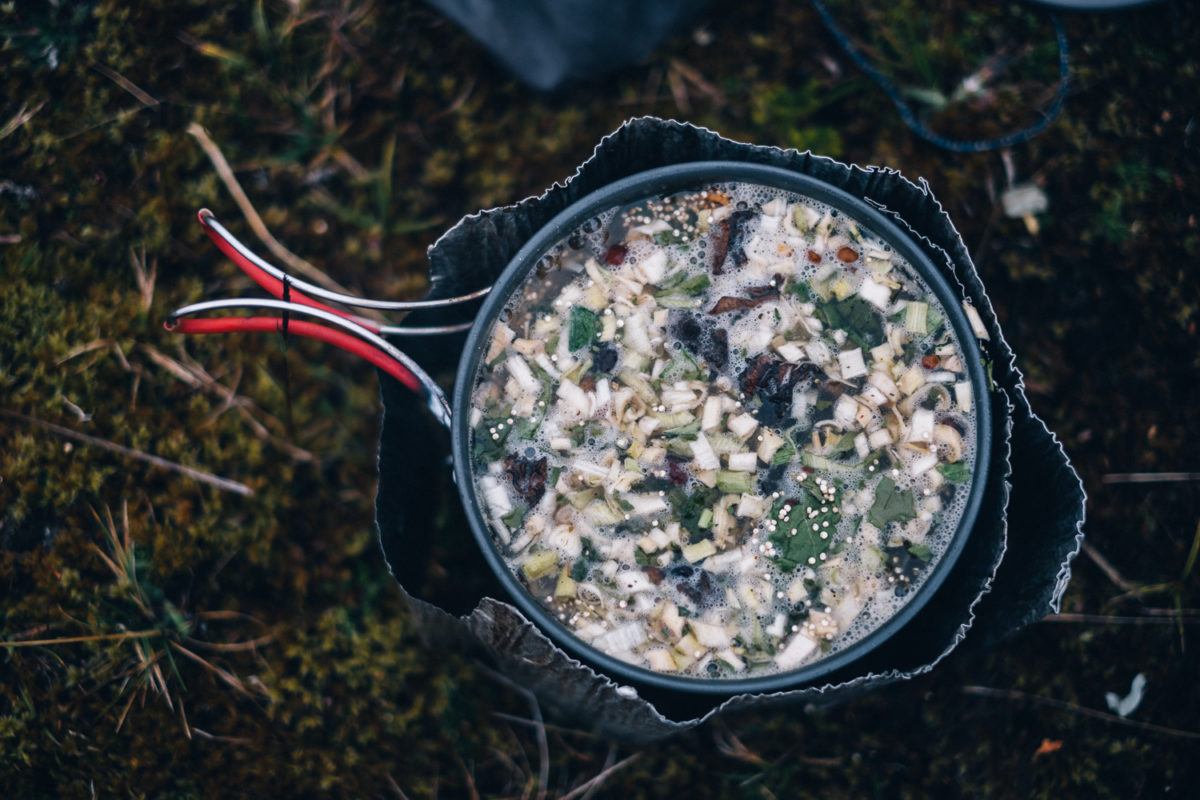
Sopa de quinoa is a hearty meal that’s perfect for both rehydrating at the end of the day and nourishing your tired body with goodness for the road ahead.
- quinoa
- stock cube or miso soup base
- coconut oil and/or butter
- dehydrated vegetables; such as onions, garlic, chard, tomatoes, spinach, peppers, beets, and carrots.
- Shredded beef jerky; better if homemade too.
- Finely chopped dehydrated hot peppers
- Cheese
Quinoa takes a little time to cook but it’s worth the wait. It’s ready when the granules have opened up, or ‘flowered’ – the white variety tends to cook quicker than the dark one. If you want to speed things up, use a sealable container to soak the granules in water for the afternoon, while you’re riding. Also, to save time and fuel, add your dehydrated vegetables to the mix while your quinoa is cooking, then garnish with hot peppers and small cubes of cheese when ready to enjoy.
Colada de Machica
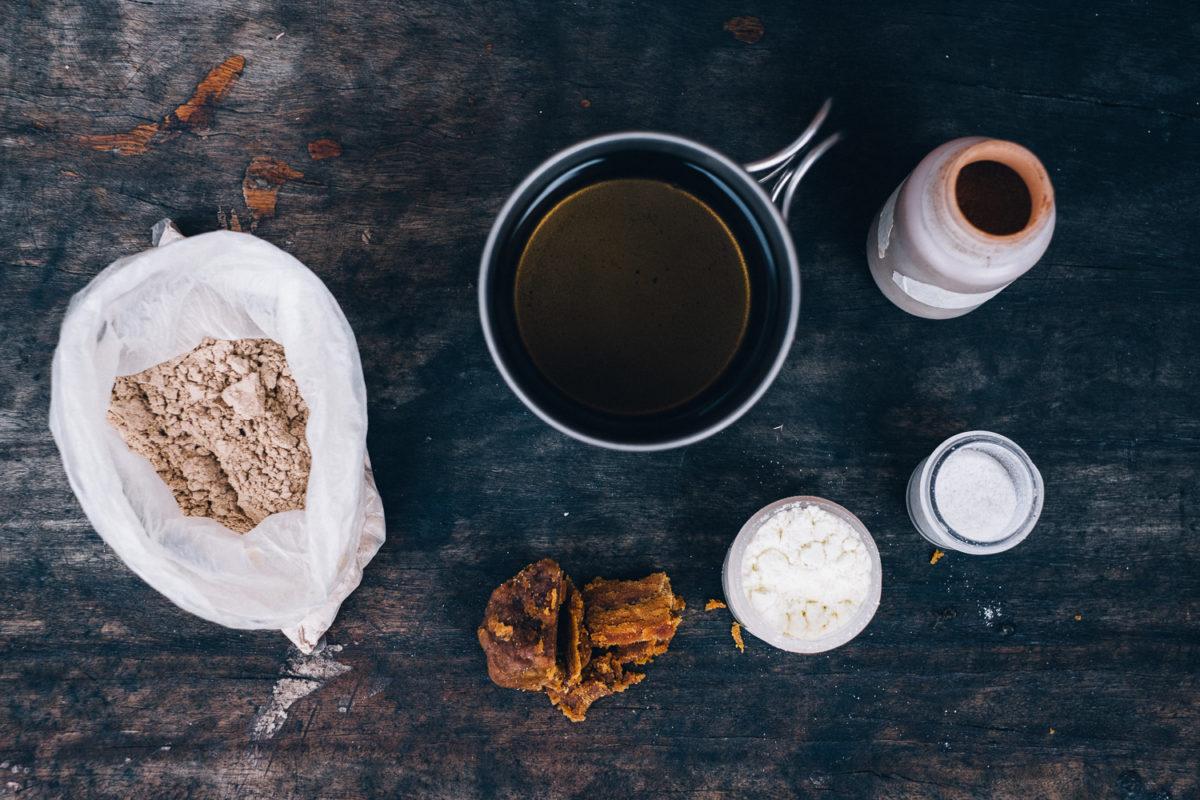
Machica is flour a made from roasted barley. Loaded with energy, it can help thicken soups, be added to morning oatmeal, or be sprinkled on top of yoghurt and berries at your resupply points. Typical to South America, machica can also form the base of a sweet, after dinner Colada de Machica, the recipe for which can be found below.
- 1 liter of water
- half a cup of machica
- raw panela to taste
- powdered milk or coconut milk
- a pinch of salt
- a pinch of cinnamon
Boil a pot of water, then slowly mix in powdered machica and milk. Cook on a low heat, stirring constantly for a few minutes. Sprinkle in as much panela and cinnamon as makes you happy, and don’t forget a pinch of salt. You can add more machica to give it a thicker consistency, or less if you prefer your colada thin.
Ecuadorian Oatmeal
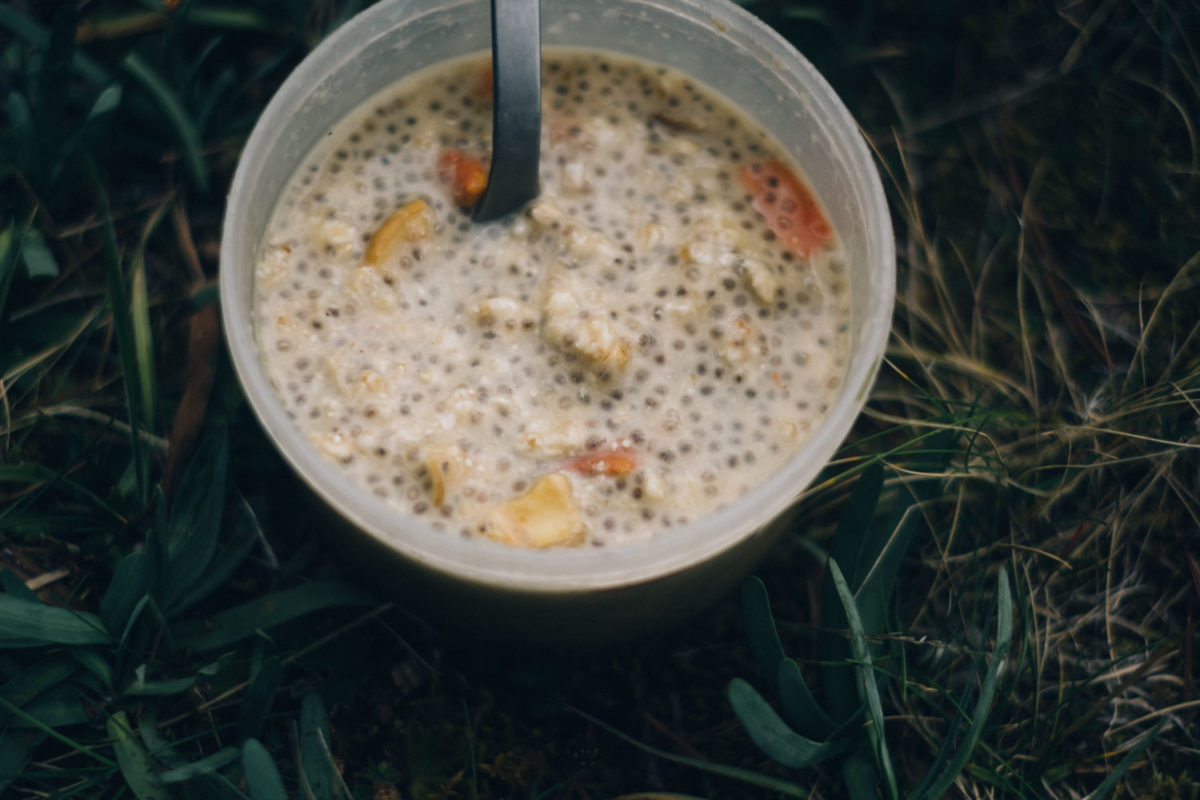
Adding the likes of quinoa, amaranth, and chia seeds to the mix, Ecuadorian Oatmeal is an Andean twist on the classic porridge recipe. What’s more, it’s especially easy to prepare before your ride: just throw all the ingredients into a ziplock bag, so you’re ready to cook as soon as dawn breaks.
- a mix of rolled oats and instant oats
- quinoa
- chia seeds
- amaranth
- flax seeds
- milk powder or coconut milk powder
- raw panela to taste
- dried fruit; like apples, bananas, pineapple,
mangos, and peaches.
To speed things up, you can also fill a watertight container with your Ecuadorian Oatmeal and hot water before going to bed, then wake up to a quick, energy-rich breakfast, without the need to start your stove.
Trangia stoves
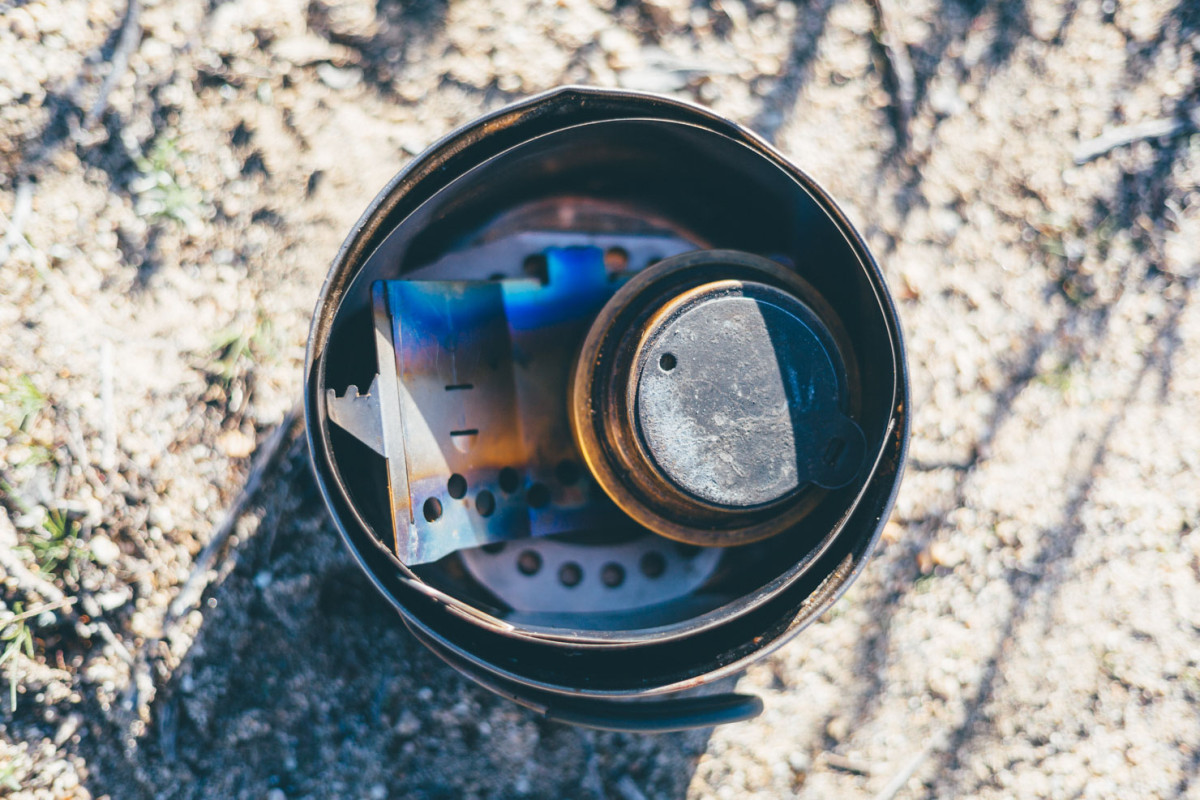
Talking of stoves… while the likes of MSR multifuel systems and pressurized cannister stoves have their place, the humble and sturdy Trangia burner is the definitive bikepacker’s choice, as far as the Dammers are concerned. Teamed with a minimal support system, like the Clikstand we reviewed previously, it makes a quiet, low maintenance, reliable, stable, and lightweight cooking system. For the most part, the denatured alcohol used for fuel is easily obtained globally, be it in hardware stores or pharmacies. It can also be conveniently carried in recycled plastic drinks bottles, which means you can add or discard extra fuel as needed.
More info on Michael and the Dammers
To find out more about Nahual – the permaculture farm the Dammers run, the fantastic wilderness courses they organise (mixing bikepacking with hiking with packrafting), and the vision they aspire to, visit their website. For stories on the Dammers’ various bikepacking adventures, both with and without their families, check out their incredible blog.
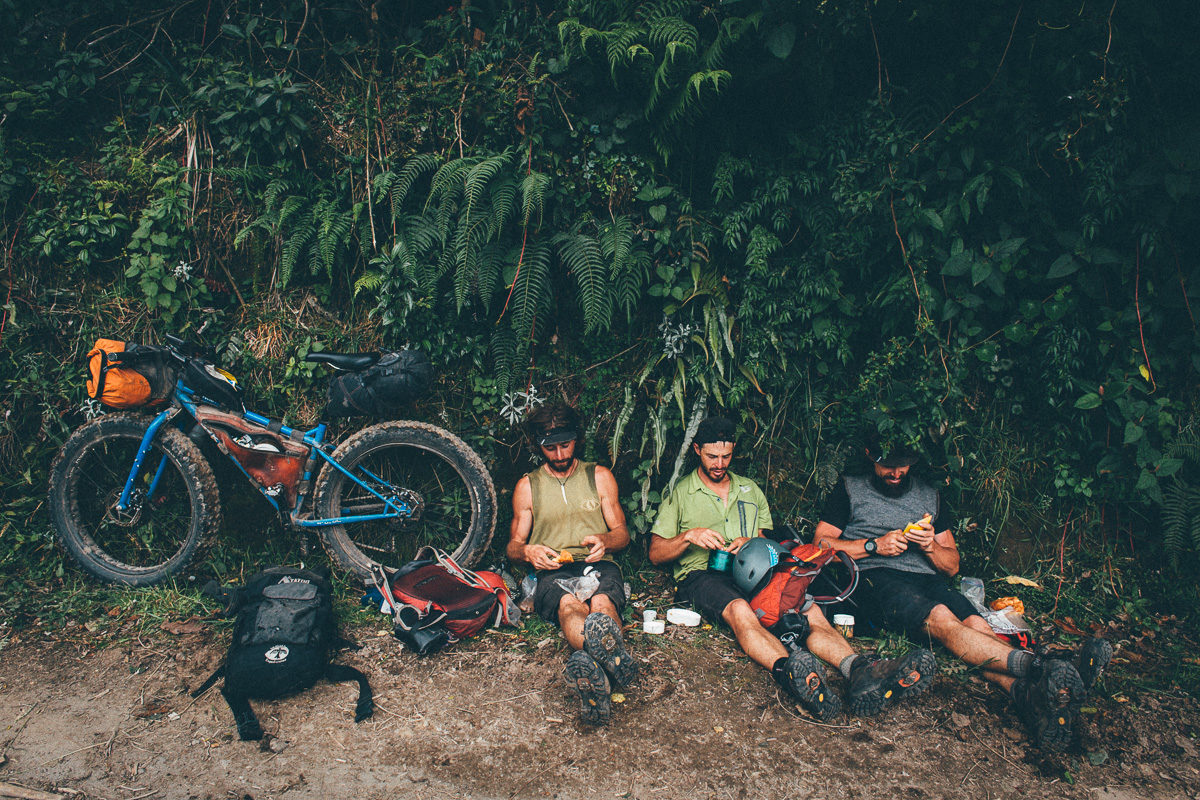
Please keep the conversation civil, constructive, and inclusive, or your comment will be removed.
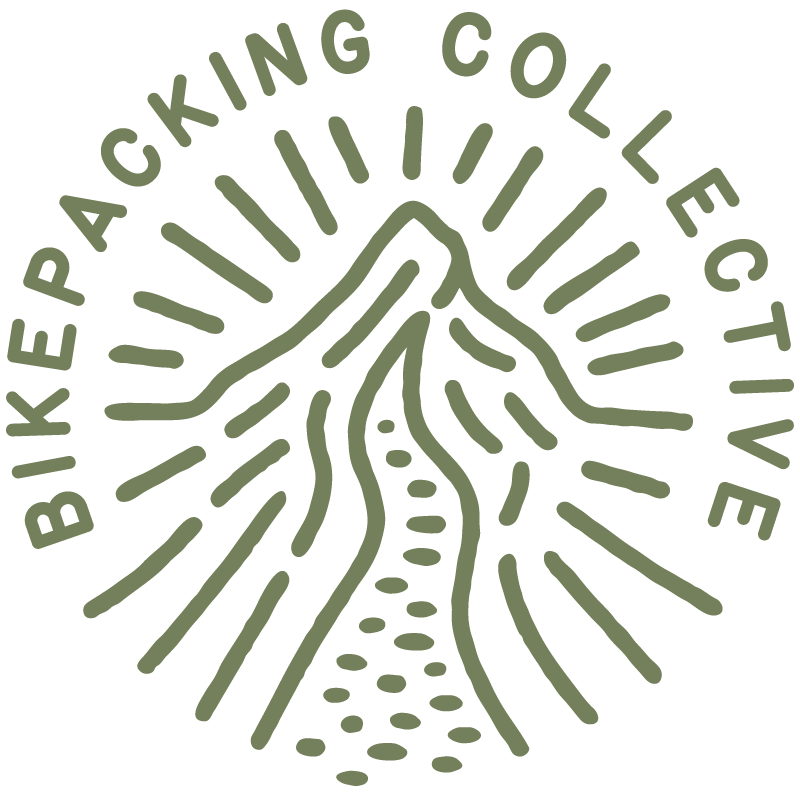
We're independent
and member-supported.
Join the Bikepacking Collective to make our work possible:



